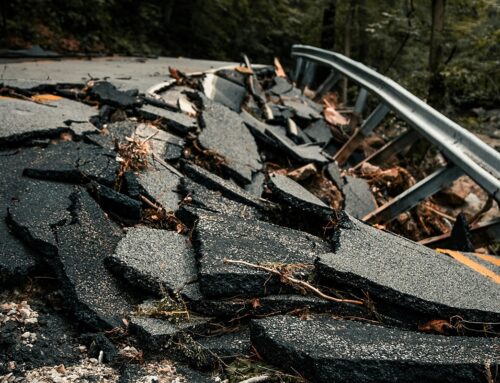Constituents of both Rep. Bud Shuster (R-PA) and a few other powerful members of Congress benefit from a unique and growing U.S. Army Corps of Engineers program that is effectively a slush fund for water projects. People living in all other areas of the U.S. must pay for their own sewage and water-treatment needs.
Targeted at PA, WV, and KY, the program has paid the Corps to do things that aren’t its job and in a way that circumvents cost-sharing requirements on water projects. These slush funds for local water projects originated in Shuster’s district, where over $50 million has been directed. Although the vast majority of money has gone to Shuster’s district, other members including Rep. Nick Joe Rahall (D-WV), Rep. Harold Rogers (R-KY), and Rep. John Murtha (D-PA) have recently expanded the size and scope of the slush fund to include their disticts.
In addition to being unfair, these special programs underhandedly direct the Army Corps of Engineers to undertake numerous activities that are either not traditional Corps functions or have never been federal responsibilities. Under these programs, the Corps can give certain counties federal grants to cover 75 percent of the cost of local waste-treatment and drinking-water projects. All other communities in the U.S. can, at best, obtain federal loans that must be repaid with interest.
In addition, the program is so loosely drawn that it can be used to circumvent local cost-sharing requirements as well as fund almost any “environmental” water project. For example, most Corps flood control projects are currently 65 percent federally funded and 35 percent non-federally funded. However, some flood-control projects in Pennsylvania are being built with the “environmental” slush fund’s more generous 75 percent federal funding.
For more information, contact Steve Ellis (202) 546-8500 x 126 or steve [at] taxpayer.net
Clinton Backpedals on Line Item Veto
President Clinton appears to be backpedaling from his bold use of the line item veto on the military construction bill. Clinton only nibbled on the Energy and Water Appropriations bill, cutting just eight projects out of the 423 that were not requested by the Administration. None of the projects on TCS’s veto-bait list













Get Social